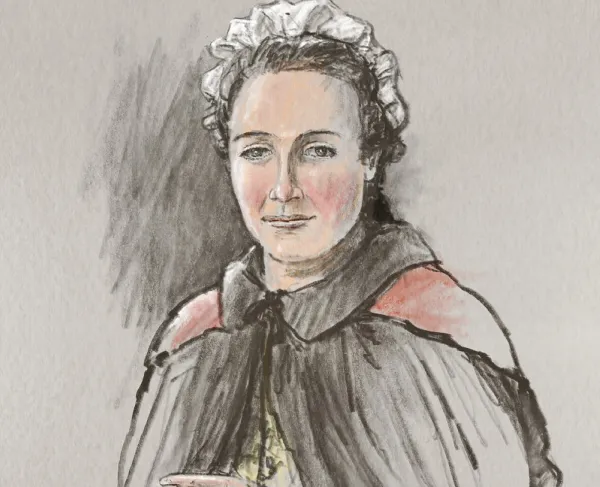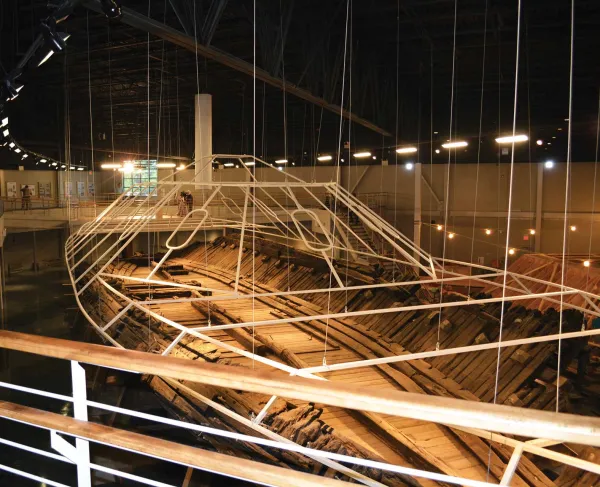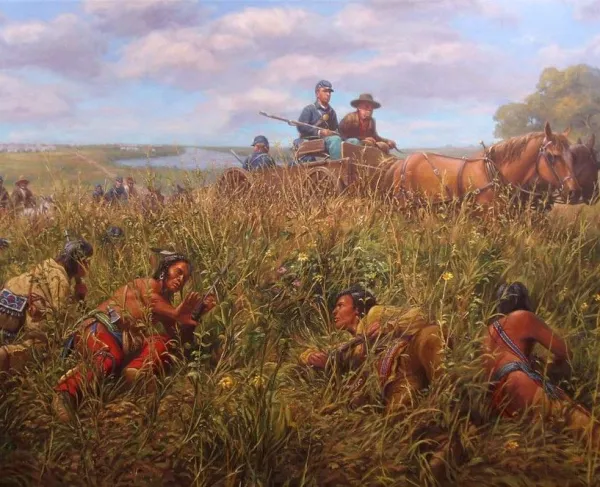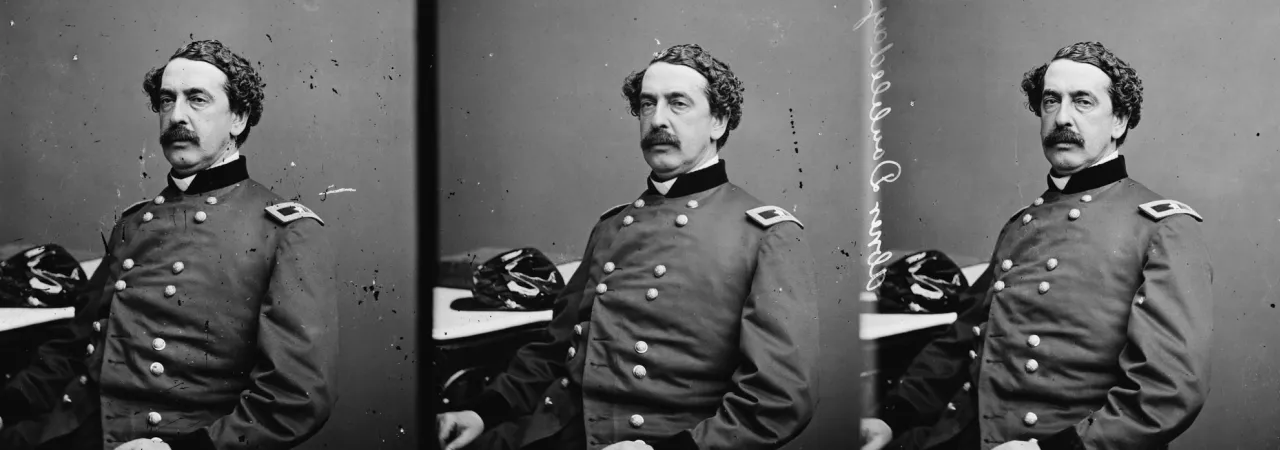
Major General Abner Doubleday of 17th Regular Army Infantry Regiment, in uniform
If you’re a baseball fan and Civil War enthusiast, chances are you’ve heard of Abner Doubleday. This Union general was among those who defended Fort Sumter during the 1861 bombardment, rose to fame for his gallantry at Gettysburg and — supposedly — invented baseball. While such a connection is exciting to imagine, the claim is pure fabrication. But how did this myth grow to be the widely known tumbleweed it is today?
In the early days of Major League Baseball, its founders sought to paint the sport as a uniquely American pastime, one that could bring citizens together and steer them toward seats in the nation’s ballparks. One of these founders was Albert G. Spalding — Hall of Fame pitcher, sporting goods tycoon and part owner of the Chicago White Stockings. He had even written to Boston sportswriter Tim Murnane, stating, “[O]ur good old American game of baseball must have an American Dad.”
Opposite this hope to cement baseball’s American roots was Henry Chadwick, editor of Spalding’s Guide, who had long asserted that baseball’s origins lay in the English ball and bat game rounders. To settle the debate, in 1905, Spalding created a commission, consisting of members he handpicked — that reportedly had an “undoubted knowledge of baseball.” But instead of doing their own research, this group worked to solicit information to identify baseball’s “American Dad.”
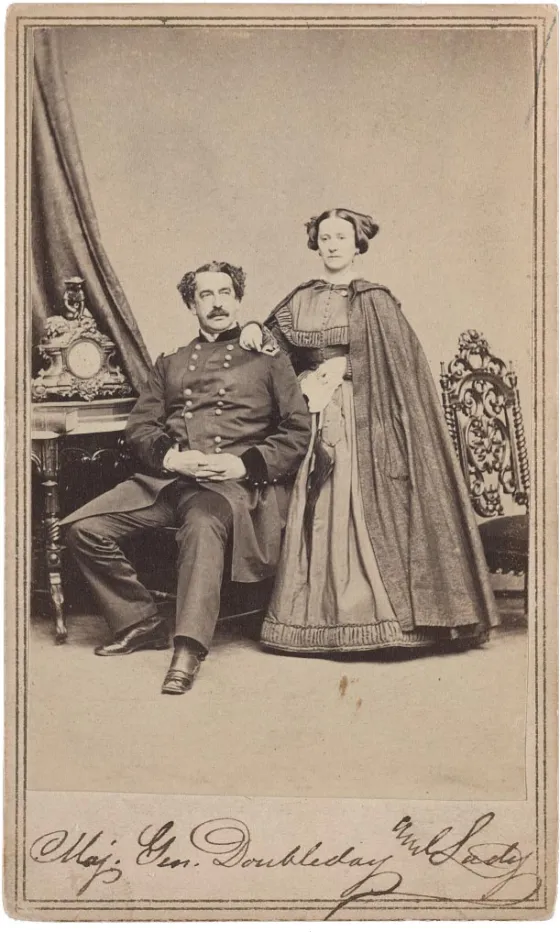
Enter Abner Doubleday, the focus of 71-year-old Abner Graves’s testimony, which he submitted to Akron, Ohio’s Beacon Journal after having read a “call for people who had knowledge of the beginnings of the game.” Graves, a supposed former classmate of Doubleday’s, asserted that:
“The ‘American game of Base Ball’ was invented by Abner Doubleday of Cooperstown, New York, either the spring prior, or following the ‘Log Cabin & Hard Cider’ campaign of General Harrison for President [approx. 1839], said Abner Doubleday being then a boy pupil of ‘Green’s Select School’ in Cooperstown, and the same, who as General Doubleday won honor at the Battle of Gettysburg in the ‘Civil War.’”
This was the patriotic founder Spaulding had been crossing his fingers for, and the commission concurred, issuing its final report on December 30, 1907.
What made Doubleday so perfect? He was a West Point graduate and an esteemed veteran of both the Mexican-American War and the American Civil War. He was second in command at Fort Sumter when secessionist militia unleashed fire upon the fort, and he was even said to have called for the first shots made in response. He went into combat at Second Manassas, where his forces temporarily held the Union line near Brawner’s Farm. At Antietam, his troops took heavy casualties in the bloody cornfield. At Gettysburg, after Maj. Gen. John Reynolds fell during the first day of the battle, he took command and followed through with the strategy enacted by Reynolds.
One problem: Doubleday was not a pupil of “Green’s Select School” in 1839, he was a busy first-year cadet at West Point who never mentioned the sport in his detailed diaries. And myth double-bested: Graves was a mere five-years-old in 1839. But Doubleday, some 14 years in the grave, couldn’t dispute the claim, and the commission was sold. Graves’s testimony was relayed as fact without attribution or credential. The myth was set in motion and soon became part of the fabric of baseball, inspiring the location of the Baseball Hall of Fame in Cooperstown, N.Y.

